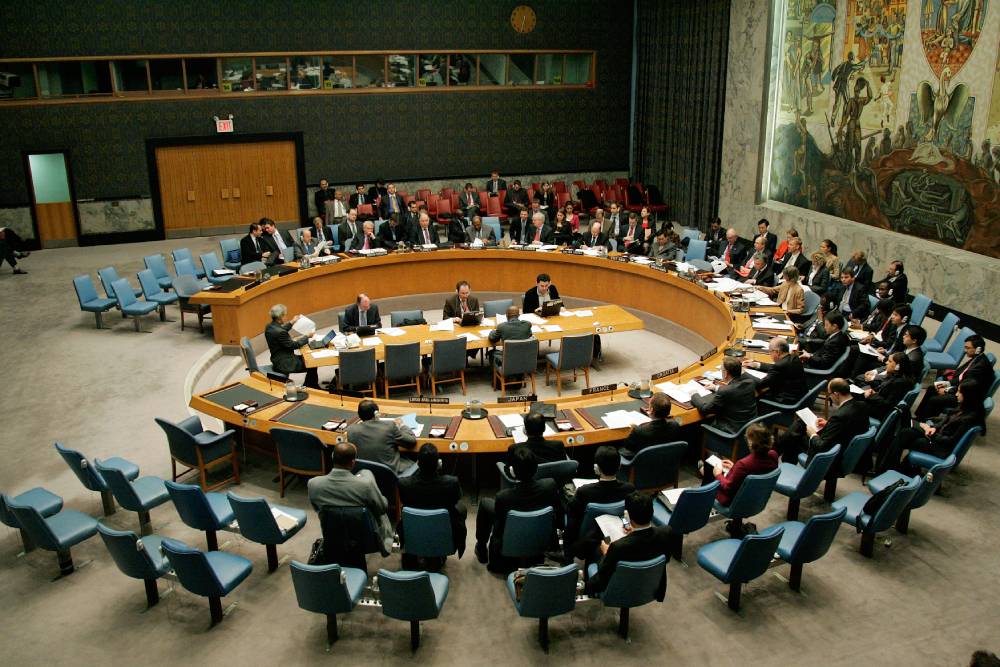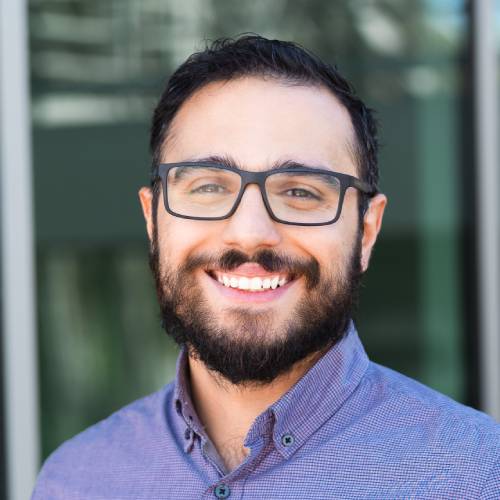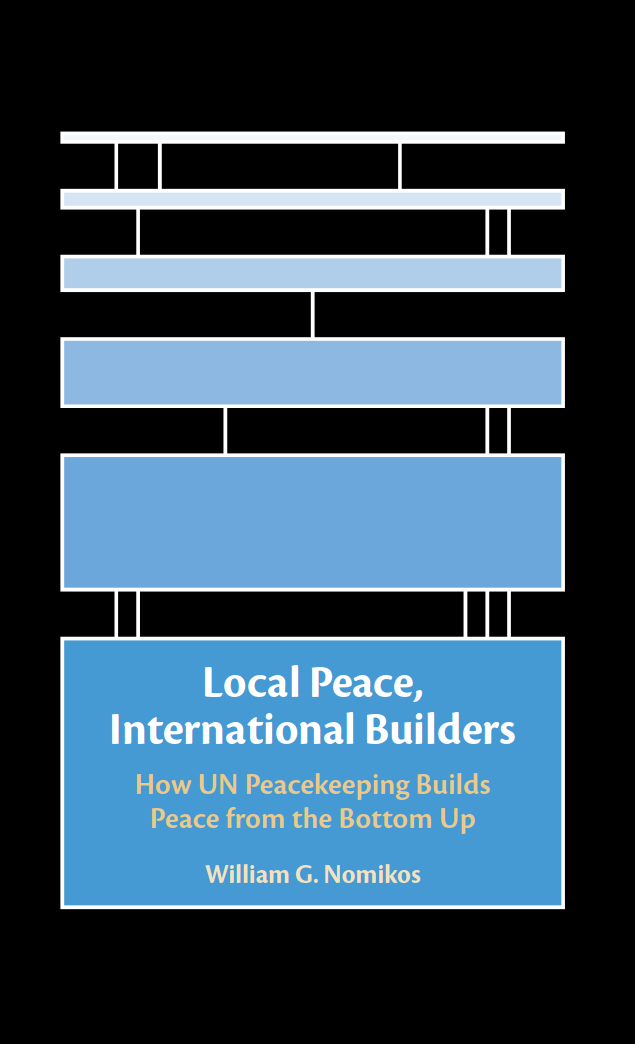Research
My research looks at how domestic political considerations shape the conduct of international interventions in fragile settings. I also conduct research on how foreign policy shapes public opinion in democracies, specifically as related to intervention in civil wars abroad.
Below are some of my latest projects. For a complete listing, please visit my research page.

How Do Religious Appeals Shape Intergroup Tolerance and Radicalization? Evidence from Burkina Faso
With Allison Grossman and Niloufer Siddiqui, 2022.
In this paper, we consider whether pro-peace religious messaging can promote social cohesion among school-age respondents in Burkina Faso.

Unintended Consequences: Reconsidering the Effects of UN Peacekeeping on State-sponsored Violence
With Danielle N. Villa, 2022. International Peacekeeping. 29 (4): pp. 551-623. Part of Forum on the United Nations at 75.
This paper challenges theoretical and empirical arguments about peacebuilding effectiveness that put the state at the center of United Nations peace operations.

Peacekeeping and the Enforcement of Intergroup Cooperation: Evidence from Mali
Journal of Politics, 84(1): 194-208.
Demonstrates that the presence of peacekeepers makes individuals more optimistic about the risks of engagement and the likelihood that members of out-groups will reciprocate cooperation.

Why Share? An Analysis of the Causes of Power-Sharing after Conflict
Journal of Peace Research, 58(2): 248-262.
This article argues that elites create power-sharing institutions when the most significant threat to their political power comes from an outside group as opposed to from within their own group.
Book

"With careful fieldwork, experiments, cross-national analyses, and in-depth case studies, Nomikos provides compelling evidence that UN peacekeepers are uniquely capable of reducing communal violence. Readers will gain a novel perspective on the role of peacekeeping."
"Through an artful combination of research methods, Nomikos underscores the importance of peacekeeper impartiality. Citizen perceptions of peacekeepers, we learn, make an enormous difference in the effectiveness of post-conflict recovery. Both scientific and optimistic, this book is a model for the next generation of peacekeeping research."
"How do UN peacekeepers keep the peace? Using interviews with local leaders and peacekeepers, behavioral games, surveys, and georeferenced data on troops, Nomikos finds that when peacekeepers are viewed as impartial, they de-escalate local conflicts. A must-read for anyone interested in peacekeeping."
I direct the Data-driven Analysis of Peace Project (DAPP), a lab that brings together researchers conducting work various topics related to international security, conflict processes, and peacebuilding.


